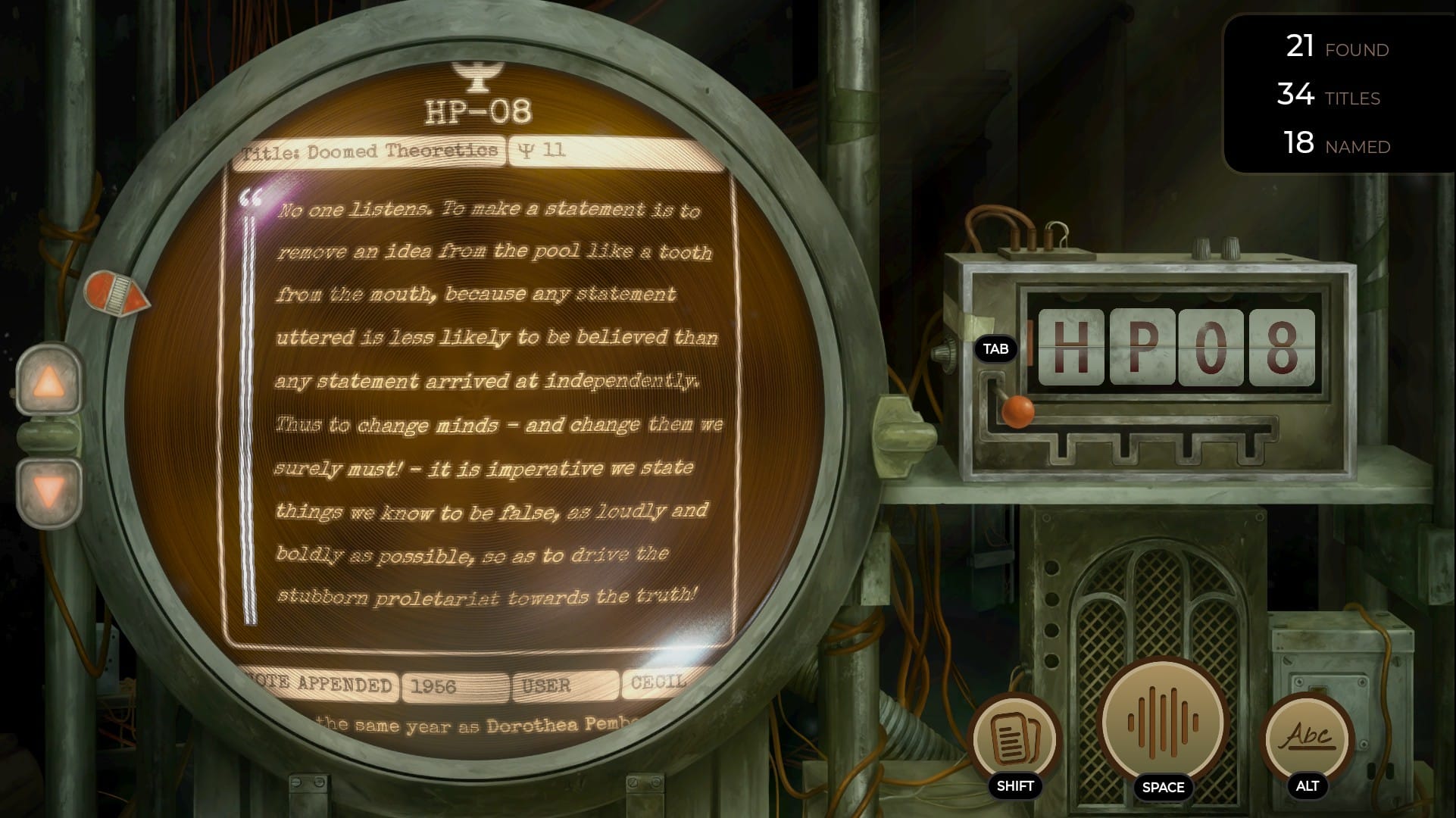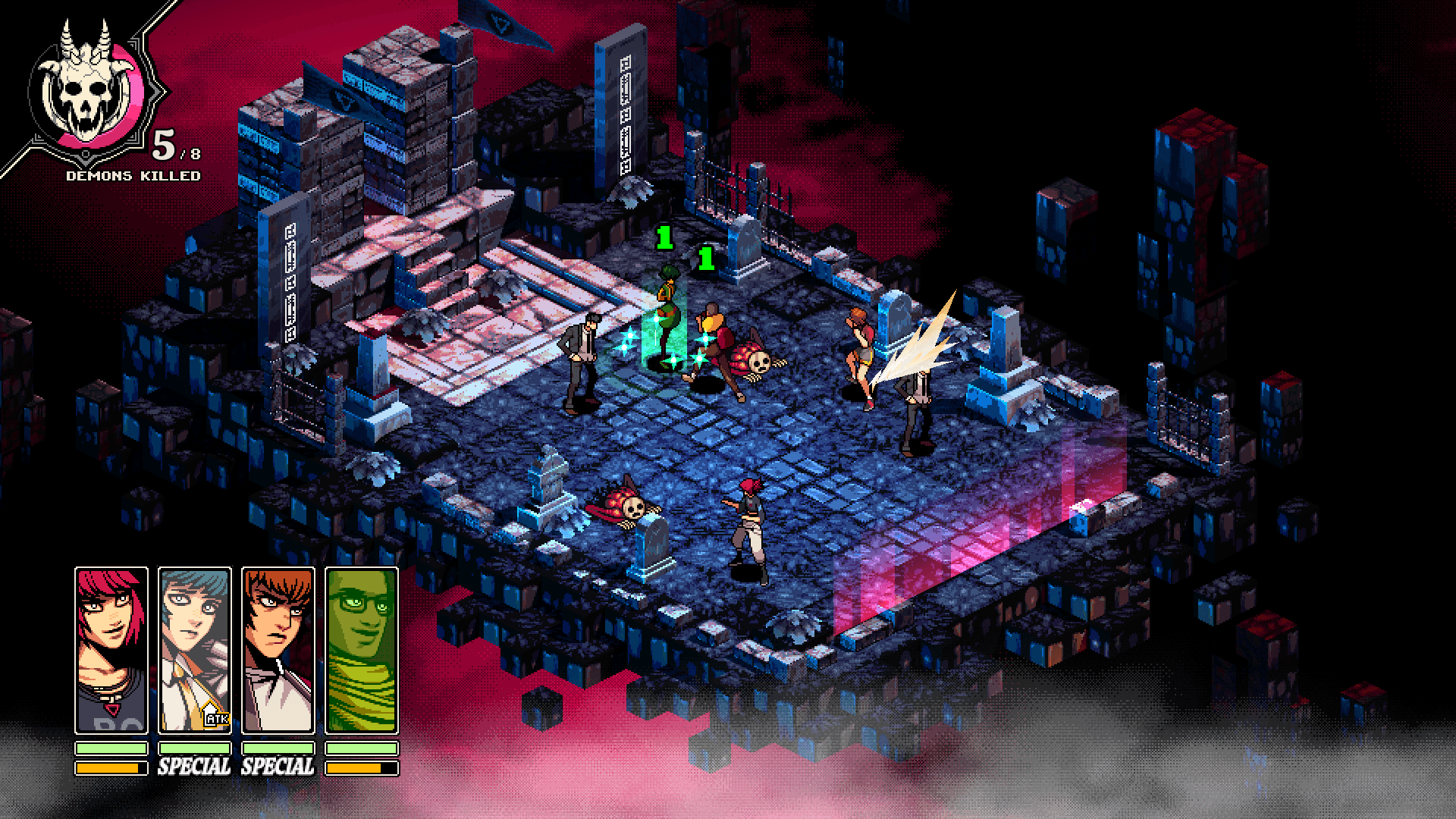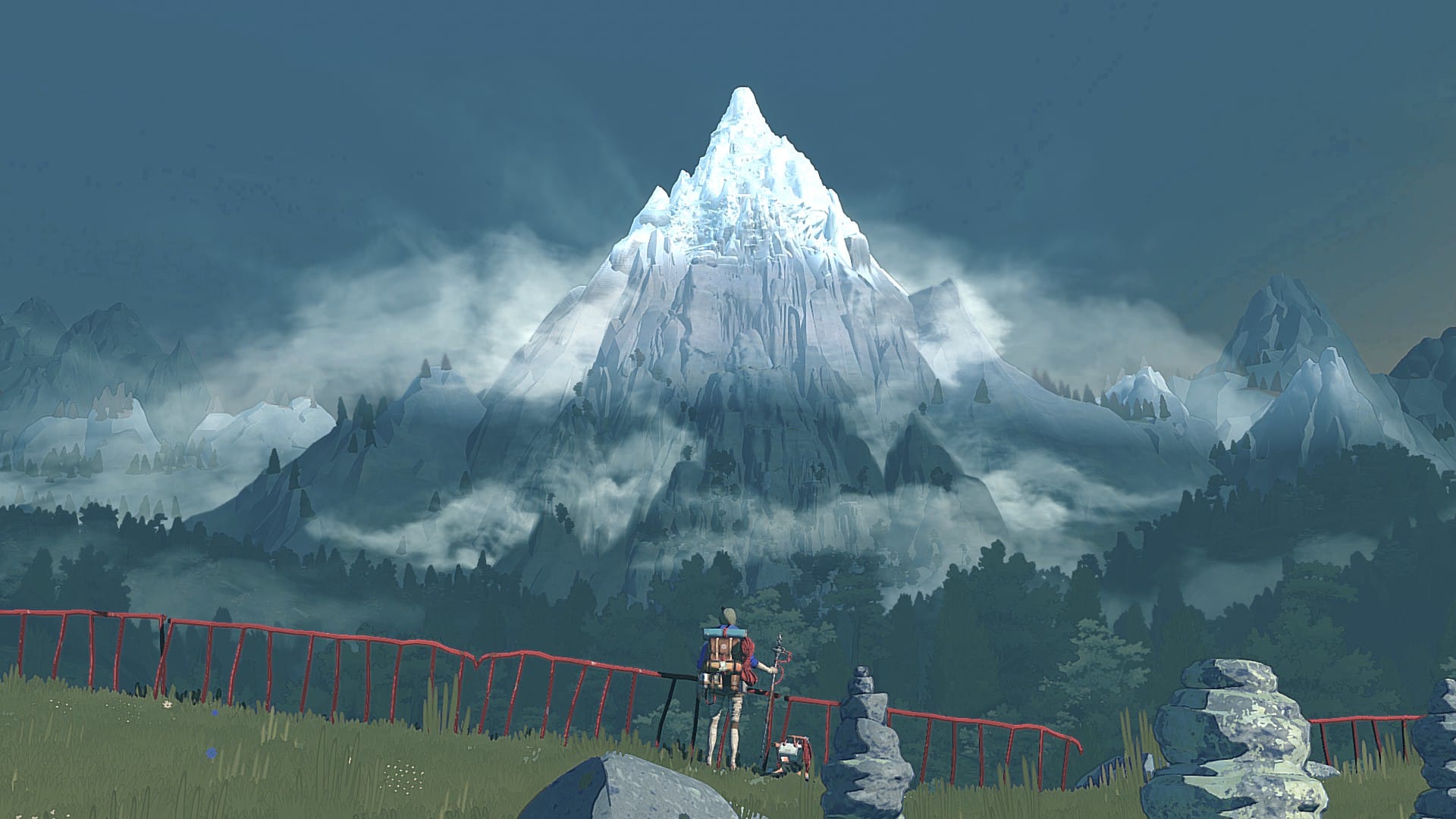In 1973, the Cold War entered a new phase. In Chile, the democratically elected President, Salvador Allende, was overthrown by a military coup led by General Augusto Pinochet. The coup was sponsored by the United States government, with the approval of Richard Nixon. Overnight, 41 years of democratic rule in Chile was ended. The military dictatorship ruled Chile until 1990, repressing political opposition, executing dissidents and forcing over 200,000 Chileans into exile. In short, it was a turbulent and dark time in Chile’s modern history. Sunset is set across the backdrop of a similar military coup, this time in the fictional nation of Anchuria. You play as Angela Burnes, an American student who is a part-time housekeeper for a wealthy businessman, Gabriel Ortega. Across the best part of a year, you tend to Ortega’s apartment whilst witnessing the social and political strife rocking the country. Sunset has an excellent premise, but is significantly let down by its execution. With limited ways to interact with the plot and environment, and a painfully slow story that takes ages to get to its conclusion, Sunset just feels boring in ways it truly shouldn’t.

The story behind Sunset is very much like the real life Chilean coup. The South American Republic of Anchuria experiences a military coup in 1972 where the socialist president is overthrown by General Miraflores, who establishes a dictatorship backed by the United States. Playing as Angela Burnes, you experience the crisis one week at a time by visiting and cleaning the penthouse apartment of wealthy businessman Gabriel Ortega, who has dubious connections to the military junta. Furthermore, your brother David Burnes is a leading revolutionary fighting for the reintroduction of democracy, which leads to Angela having many mixed emotions. There’s nothing inherently wrong with the overarching plot of Sunset; the main issue is the inordinately slow pace it takes to get anywhere. The game lasts from May 1972 until almost a year later, and the exposition is stretched over that time at a snail’s pace. Each day teases out a tiny new bit of information about how the country is collapsing or how Angela is coping with it, but it comes too slowly to properly sustain your interest.

Mechanically the game is limited in what you can physically do. Each day you wander around Ortega’s apartment, looking at objects and ticking off the various tasks that he’s set Angela to accomplish. You have one hour (of accelerated time) from 5-6pm in which to complete your work. It’s like Gone Home in some ways, but distinctly lacking in others. While Gone Home allowed you to pick up and manipulate almost every object in the environment, there is none of that here. In order to do a task such as “clean the dishes” or “wash the floors” you need to look around the environment for an interaction prompt (which is never labelled) and then click it. Time then advances while the camera gazes out of the window, and the task is completed when control is returned. Most tasks have two options to complete them; the warm, romantic option or the cool professional one. It’s up to you whether to respond to Ortega’s flirtatious advances, or to keep things at a distance.
One of the major thematic problems with Sunset is the disconnect between what you do, as a player, and what Angela says. Throughout the game, I never felt like I was Angela; she was an independent entity whom I merely possessed for an hour a week and guided around an apartment. Each day she begins with a voice-over recounting recent events and her take on it, but sometimes her thoughts about how Ortega was overly concerned with art instead of human lives are entirely at odds with the romantic messages I have been leaving for him. Furthermore, initially I felt it inappropriate to be flirting with my client, whom I’d never met face to face. It seemed rather presumptuous to assume that he would reciprocate emotionally. There are also a number of other niggling things; Angela refuses to ever stay after 6pm even if she hasn’t finished all of her work (which is just silly), and finding enough time to be able to sit down and write her diary every day is impossible given the constraints on time.

Artistically the game is pretty stylish. It perfectly hits the 1970’s vibe with the long, languid sunsets and shadows filling the apartment, classical art covering the walls as well as the overall minimalist design of the penthouse. Graphically it isn’t a powerhouse, but there are some nice details on objects in the environment on which you can zoom in for a better view. Indeed, a large number of the achievements for the game involve hunting down books from Ortega’s prestigious classic literature collection. Technically, however, the game runs sluggishly at high settings even on powerful systems, and also experiences occasional crashes to desktop. This is very disappointing as the game has clearly been left in an un-optimized state. I fully recommend running at medium settings or lower in order to get a decent frame rate. One thing, however, that is without fault is the marvelous soundtrack, which is mainly comprised of listening to the various records Ortega owns. As Ortega is clearly a fan of opera and classical Spanish guitar, the music is appropriately sombre and relaxing in equal measure, and helps to set the atmosphere perfectly.
It’s very clear that Sunset is grappling with some really interesting concepts, which makes it all the more disappointing that it fails to convey them in an interesting, dynamic way. With so much of the game being hunting for hidden interaction icons around rooms you’ve visited dozens of times before, slowly hearing only tiny snippets of story unfold around you, it’s a matter of perseverance to be able to see the game through to the end. It’s a shame that Tale of Tales had so much riding on Sunset that they staked their continued existence on it. Sunset is an experiment, but a flawed one. Not many other games set you in the role of a housekeeper, or in the middle of a 1970’s coup d’etat. But despite its uniqueness, when it boils down to it, a lot of the time Sunset is simply boring, and only emotionally invested players will put up with its obtuseness and see the story to conclusion.





